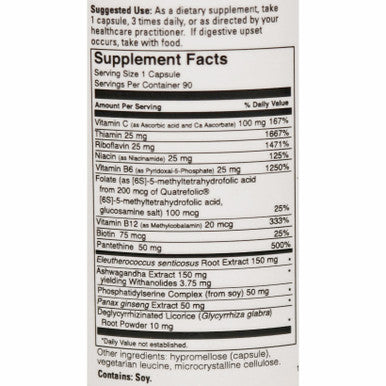Microbiome Update 2015
Welcome to the community. I am referring to you the biological community. It is becoming more apparent that the human being is more than just an orderly array of human cells but an ecosystem of human and microbial cells. The microbes might see things even differently since they outnumber the human cells and number in the trillions.
Are We Walking Around Support Units?
They might see us as their walking around support units. We owe much our detailed information about the human microbiome to the NIH. They launched the Human Microbiome Project in 2008 with $115 million. The human microbiome is primarily concerned with microbes on all body surfaces including eyes, respiratory membranes, gut, skin and reproductive membranes. Gut bacteria have attracted a lot of attention from this project because despite scientists' best efforts, most of the gut bacteria don't grow well in cultures. DNA and RNA analysis techniques have made it possible to get better information about who is actually there. We have learned that a healthy gut contains 500 to 1000 species of microbes. As in a tropical rain forest, the more diversity, the healthier the system.
Microbiome Interacts With Our Immune System
We are also getting a better look at the interaction between these bacteria and the immune system. The balance of the gut microbes can change within a few hours depending on the types of foods they get. As you might expect, the fatty, salty, sugary, processed foods play a disruptive role in this gut balance and that bleeds over to the body's ability to fight disease and to ward off autoimmune problems. With a constant assault of this fat, sugar, salt and processed food, the bacteria can no longer do their job adequately. The maintenance of the intestinal wall breaks down, the gaps between intestinal cells open up and the immune system responds with an unrelenting activation. People familiar with gluten sensitivity will find this concept too familiar.
Why You Crave What is Bad For You
Cyrex Labs has designed antibody tests to record this constant barrage of immune activity to many components of the wheat kernel and other food antigens. This constant activation of the immune system gives us one important cause of inflammation. Brain chemistry is intimately dependent on gut health. As you alter your gut ecosystem, you can also expect to have neurotransmitter balance problems. This can result in cravings of the very foods that are contributing to the damage creating a vicious cycle. Bad food leads to bad microbe balance that leads to more gap junction issues leading to more proteins and microbes entering the blood, leading to disruptions in blood brain barrier leading to chemicals interfering with brain chemistry leading to changes in cravings.
Microbiome likes veggies, fish oil and the like
You won't be surprised to find that research is giving us new reasons to eat more complex carbohydrates, like vegetables and omega-3 fatty acids (olive oil), yogurt (the good stuff made from organic milk from healthy cows and without corn starch) and fewer omega-6 fatty acids (corn and canola oil). I encourage you to think about feeding your entire community, not just your taste buds. Choose foods that keep your gut bacteria healthy and they will return the favor.
Watch Out For Damaging Chemicals
I should mention that not only bad foods will alter this microbiome balance but so will herbicides like glyphosate found in Roundup. These herbicides not only attack unwanted plants in your garden but also your gut microflora. These common herbicides are found virtually everywhere now but if you eat organic, non-GMO foods you can lower your exposure. It would be great if you could fix all of this with probiotic capsules. These can be helpful, but they can only be a supplement to a decent diet. Sorry. BetterGenix FloraGenix To learn more, read Food Fight, one of the featured articles in Science News May 30, 2015.





